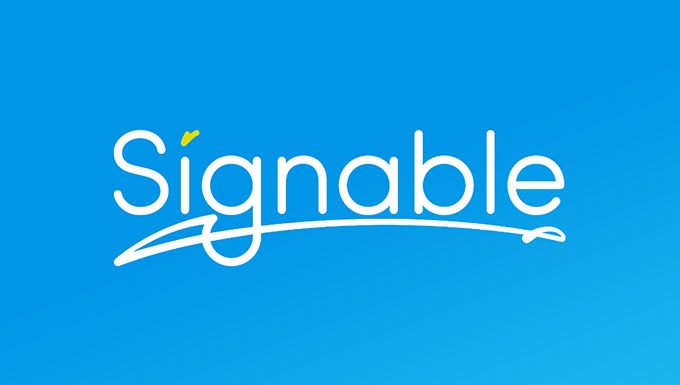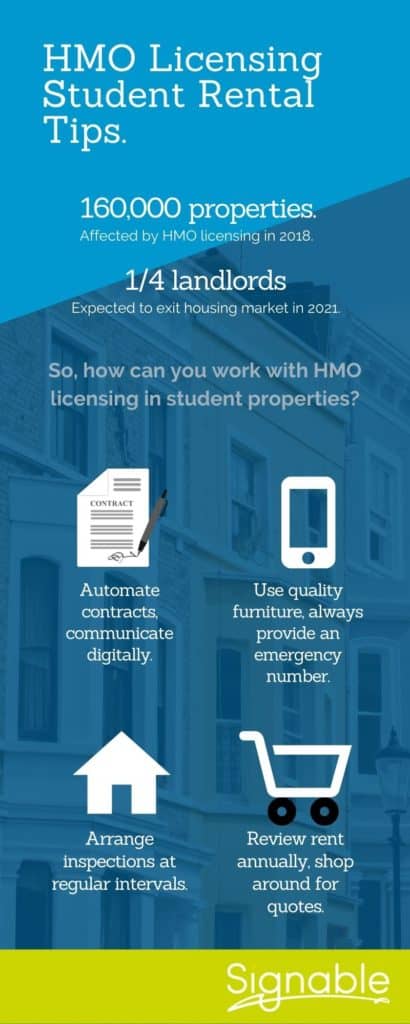The ultimate guide to student lets – What is HMO licensing?

Published:
What does HMO Licensing have to do with student lets?
The renting situation is nothing short of dire for tenants and landlords alike recently. While HMO licensing is no new feat, further additional licensing schemes for HMO’s have meant that landlords renting out homes occupied by more than three different people are facing even more strenuous leasing processes.
On top of this, due to assessment criteria changing, there is an increase in the normal amount of students wishing to join their university towns in September.
For example, prospective University of Bristol students have been offered student accommodation in Bath – 14 miles away. Bristol university saw the number of applicants who met their offer rise to 75 per cent from the usual level of 46 per cent.
The new A-level marking criteria meant many more students were being accepted into their universities, putting a more considerable strain on the local housing markets than usual.
However, it is not all doom and gloom for landlords renting out student accommodation. We have put together 4 of our tips to help you work with increasing student accommodation demand and constant changes to HMO licensing.
So, what is an HMO license? And, why is it a growing issue now?
HMO licensing places conditions on the landlord/agent to ensure minimum property standards are met, and good management practice is delivered.
On the 1st of October 2018, landlords who rent a property to five or more residents from two or more separate households – regardless of how many floors the property has – were subject to mandatory licensing. The Government estimated that the new HMO licensing impacted some 160,000 properties.
However, any student accommodation scheme occupied by full-time students and managed by an educational establishment subject to an approved code of practice will be exempt from HMO licensing.
The licensing scheme covering HMOs is more challenging for landlords than the selective licensing, and some concerns led to a shift in the rental market.
Over a quarter of landlords warned that they are likely to exit the sector by 2021, according to a study carried out in early 2020, highlighting the pressure felt by some landlords.
And that was before the coronavirus hit. With a significant proportion of landlords now also suffering financially due to rent repayment problems brought about by the pandemic, being a landlord at the moment is looking like a particularly stressful business.
There are frustrations for both tenants and landlords, and HMO licensing throws an extra spanner in the works for both parties.
So, how can you alleviate and work with the stress of HMO licensing?

Tip 1: Create a streamlined check-in process for students.
It’s good to conduct a thorough check-in with your tenants. This process will allow you to talk them through the tenancy agreement, inventory, and any other information they need to know.
To streamline this process, it would be quicker and less pain-free to arrange all paperwork online. This saves the hassle of everyone arranging and coordinating schedules to pay deposits and sign documents. For this, we suggest using E-signatures such as Signable.
Whether it’s for private, residential or commercial properties; Signable ensures that you’re not left waiting or chasing your clients for their scribble. Letting you get on with the real work. Try Signable for free here!
Good communication is one of the most crucial elements of letting students. For most, this will be their first foray into independent living, so they need to know they can trust you.
From a student perspective, there’s a vast amount to learn, and with so little experience of the rental market, there’s always a chance that someone might try and take advantage of them.
Tip 2: Plan and reduce damage to your property.
Due to the higher intensity of use, student properties have a greater risk of damage and disputes over wear and tear.
Presenting an attractive property with practical, quality furniture maintained regularly will encourage students to take better care of it.
It is vital that you ensure your student tenants know how to contact you or your agent in an emergency.
During the winter months, pay particular attention to your property and build relationships with contractors, especially if you have multiple properties.
Tip 3: Arrange inspections.
As well as checks at the beginning and end of a tenancy, you should arrange to inspect the property at regular intervals.
It’s good for students to see that the landlords check-in and keep on top of things.
Many landlords never meet their tenants due to COVID-19 precautions, so inspections help minimise the chances for damage as showing up shows that you are not a laissez-faire landlord who doesn’t care.
For many students, this will be the first time they have lived independently, and inspections can help prevent severe damage.
You will need to write these inspections into the tenancy agreement, including the notice you will provide before arriving.
Tip 4: Maximise profits on student lets.
While HMO’s are arduous, they are increasingly popular for investors thanks to the rigorous checks.
If you want to get the most out of your HMO student property, you will have to maximise profits where possible.
Landlords can do this by reviewing the rent annually. Landlords may be hesitant to push those upper limits of rent brackets, but raising rent even by a small amount is an instant increase to cash flow.
Reduce expenses by shopping for quotes, rather than relying on one friend to do all the handy work.
Final word on HMO Licenses and student lets.
These are a few of the most important steps we have to minimise the effect of HMO licensing and streamline the check-in and check-out of students so you can remain efficient and, therefore, profitable in your student accommodation lets.